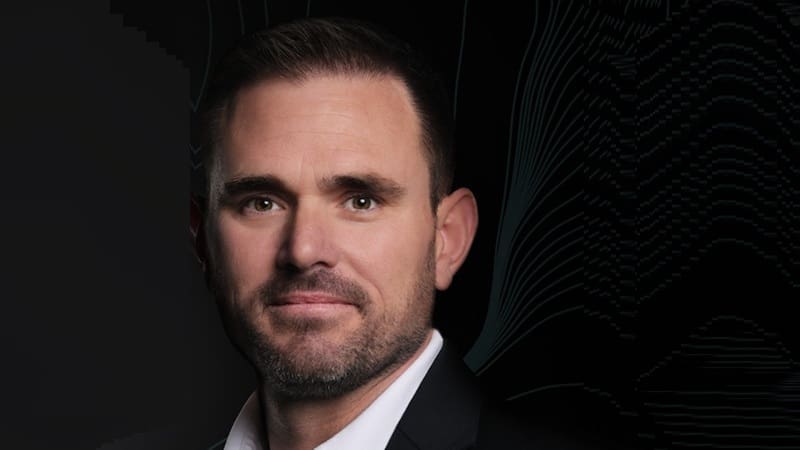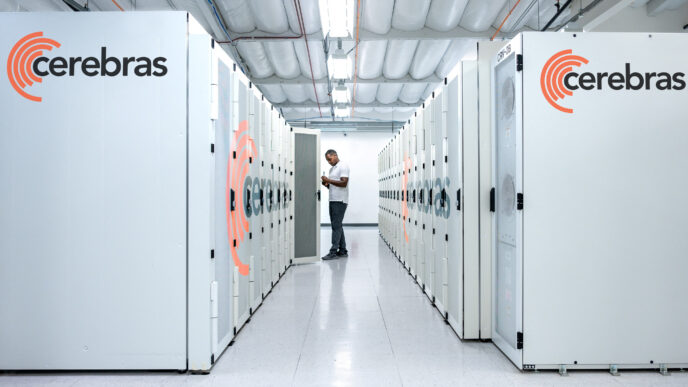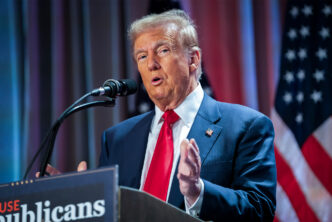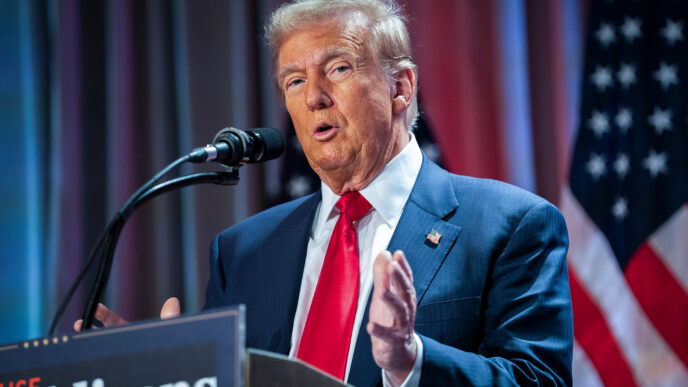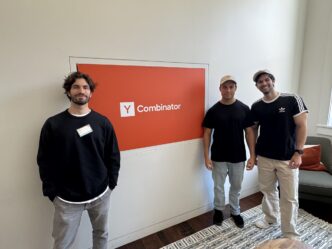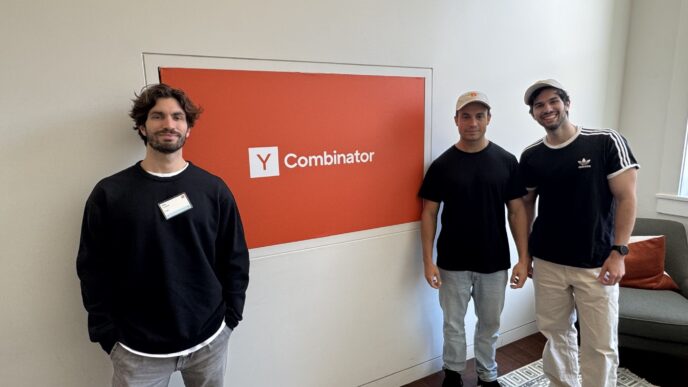Autonomous defense startup Forterra has taken a major leap after raising $238 million in fresh funding. The round was led by Moore Strategic Ventures, with support from Franklin Templeton, Salesforce Ventures, and others. It also includes $50 million in debt. The new investment pushes the company’s valuation past the $1 billion mark, placing it among the growing group of defense-tech unicorns.
The funding arrives at a moment when global demand for autonomous battlefield systems is surging. Forterra now plans to double production to 1,000 vehicles next year. CEO Josh Araujo describes the platform as a kind of “Swiss army knife” for modern missions, and this capital gives the company room to scale that vision faster.
Forterra has been building autonomous military technology for over two decades. The company was founded in 2002 by Alberto Lacaze and Karl Murphy, long before defense-tech became a popular investment category. Their early focus on autonomy, modular hardware, and coordinated robotic systems has turned into a major advantage as militaries shift toward AI-driven operations.
The company designs vehicles that can move independently, operate as teams, or work in full swarm mode. These units support surveillance, sensitive transport, missile payloads, and mobile AI tasks.
Everything runs on a software and sensor stack that allows human operators to control any vehicle equipped with Forterra’s system. The flexibility of this architecture is one of the main reasons the company has formed deep partnerships with Volvo Defence, Oshkosh Defence, and Raytheon.
Forterra employs around 500 people today. Many of its vehicles are already in deployment, giving the company real-world validation at a time when defence innovation is a top priority.
The Pentagon is modernising its procurement processes, making it easier for fast-moving companies to secure contracts. This shift has also pushed venture firms like General Catalyst and Andreessen Horowitz to increase investment in the sector.
Defence tech used to be a niche area for venture capital. That’s no longer the case. PitchBook reports that more than $28 billion has already flowed into defence technology this year.
The rise of autonomous systems, from unmanned vehicles to AI-assisted command tools, has become central to national security planning. Forterra’s growth reflects this new reality, where autonomy, speed, and adaptable systems matter more than ever.
The latest funding gives Forterra the resources to expand its mission capabilities and strengthen its manufacturing pipeline. It also allows the company to move faster as global tensions grow and governments seek safer ways to operate in contested environments. Vehicles that can move without risking human lives are no longer optional. They are becoming essential.
Autonomous defense startup Forterra is now positioned as one of the most influential builders in this new era. With rising demand, strong partnerships, and a decade-long head start in autonomous warfare systems, the company is shaping how the next generation of battlefield technology will work.
Its rise shows how far the defence-tech category has come, and how quickly autonomous systems are becoming part of military strategy worldwide.

